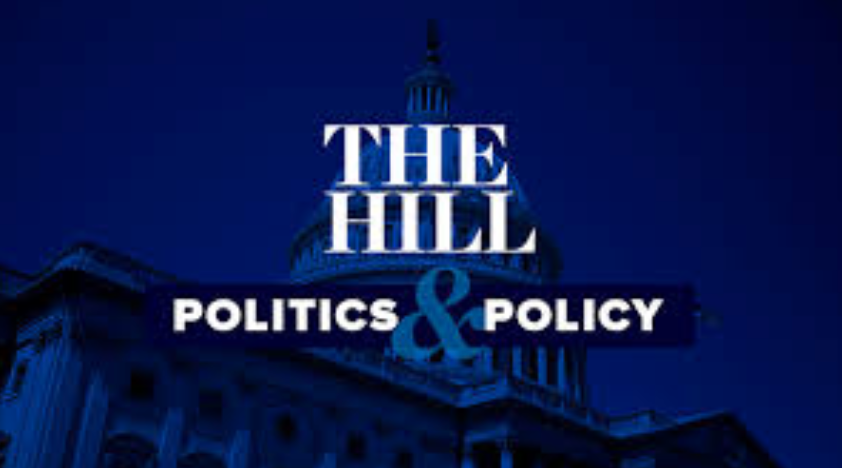A couple of times a year, my colleague Abraham Lowenthal and I talk by phone or by email about Venezuela. Abe, of course, is a leading Latinamericanist international relations scholar and expert in democratic transitions (see his book with Sergio Bitar analyzing nine cases) . He is also the founder of two distinguished institutions of Latin America policy analysis: the Inter-American Dialogue and the Latin America Program of the Woodrow Wilson International Center for Scholars.
After our last conversation Abe came back the next day with a piece summarizing our conversation and suggesting we publish it. After sending it back and forth a few times, we published it today in The Hill. In it we discuss what needs to be done in Venezuela.
We suggest military intervention is unlikely and would be disastrous. Talk of military intervention has subsided in the past month or so. But it will be back. Indeed it is the hidden premise of many of the more voluntarist theories of change that suggest the opposition should just declare itself in charge. The theory seems to be that once they do so, some sort of international force will come in to lend “security cooperation” to help it actually take power.
In contrast, we suggest the key is for the opposition to get organized via some sort of internal democracy and decision-making structure. This should lead to a leadership authorized to negotiate with the people who control the institutions, money and guns, and push forward a transition. What we heard yesterday from the National Assembly about naming a “Transition Commission” is a first step, but it was a little vague on what the negotiation part might entail or just how they might execute power.
Perhaps the most important point Abe brings to the discussion is that the Venezuelan case is not, in fact, without precedent. It is typical for authoritarian contexts to appear completely hopeless and unsolvable. But the very extensive literature on these issues suggests that the right combination of internal and external pressure along with strategic political and diplomatic efforts are what can bring about a democratic transition.



